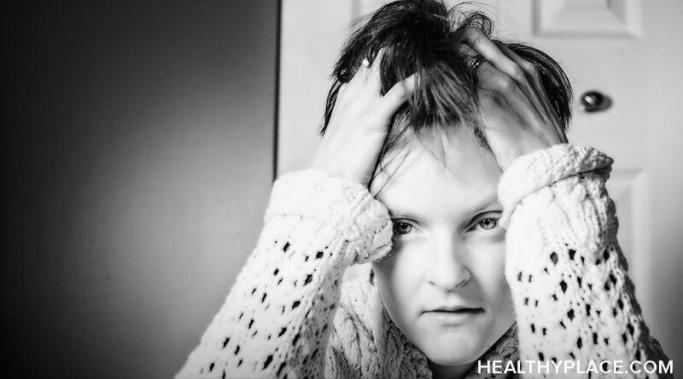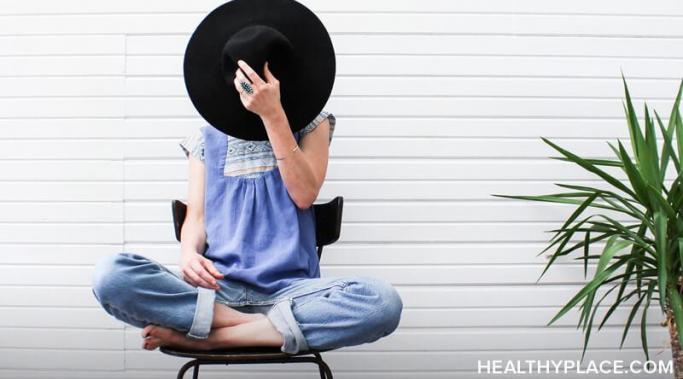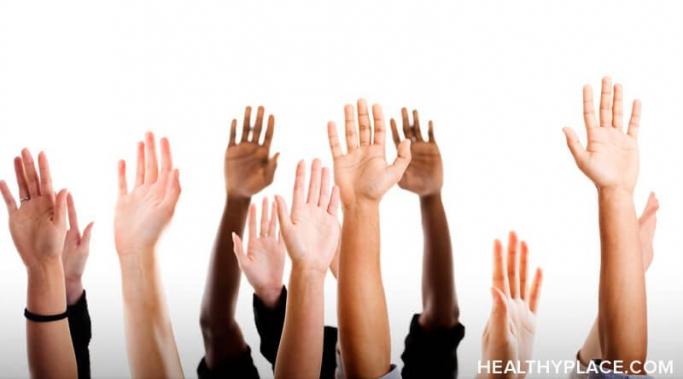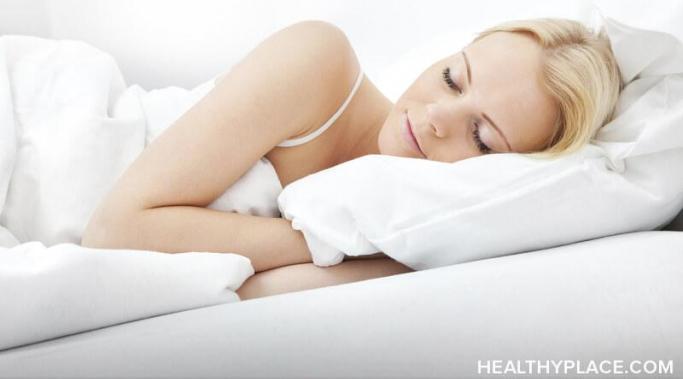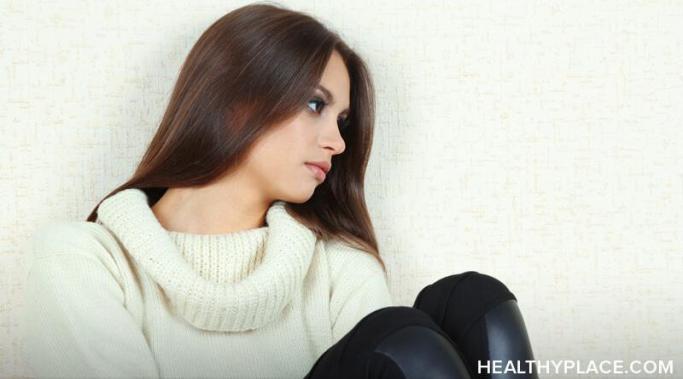I know I write a lot about how my family helps me cope with my schizoaffective disorder, but it's important to have friends, too. A lot of my friends live in different parts of the country or are really busy with their children while my husband Tom and I are childfree. Also, it doesn't help that I have a tendency to isolate. But I do have an old friend from high school with whom I'm still close and we go out for tea or coffee almost every week. Her name is Casey, and seeing her really helps me cope with my schizoaffective depression.
Living with Schizophrenia
I love to read, and certain books helped bring me out of the cavern of depression I fell into after my first schizoaffective episode. That’s when I first went on an antipsychotic medication that caused weight gain and made me physically, emotionally, and mentally lethargic. Books about people dealing with mental illnesses such as schizoaffective disorder helped bring back my spark and made me feel that I, too, could make art about my illness. Here are some books that helped me then and that continue to help me as I go back to and re-read them again and again.
After a hiatus from politics, I’ve come to realize once again that I need feminism for my mental health. The reason I’m rediscovering it is directly linked to my schizoaffective disorder: Feminism helps me to accept the weight gain that comes with the atypical antipsychotic medications I take. And it gives me perspectives on a challenging time in our world as a whole.
I have schizoaffective disorder, and my schizoaffective anxiety makes me afraid to wash my hair. It's not because I hate showering, per se, although I do prefer a nice hot bath. I have long, thick hair, and it stresses me out to wait for it to dry. I hate using a blow dryer, too. Here's why schizoaffective anxiety makes me afraid when I wash my hair.
I have real problems trusting myself because I have schizoaffective disorder. which often makes me feel that I can’t trust my own mind, my own thoughts and my own decisions. It’s very scary to live this way, and it puts a lot of pressure on my friends and family because I’m always asking for their opinions and advice about seemingly trivial issues. “Do you see that stain on my shoe?” “Do I smell weird?”
Mental health activism took the place of my political involvement because of my schizoaffective disorder. Schizoaffective anxiety and depression makes it hard to get politically involved, much less politically active. I don’t even watch the news anymore. Donald Trump’s election triggered my schizoaffective depression to the point where politics became a source of extreme anxiety. But I can involve myself in mental health activism.
A couple of years ago, I went running every day for help for schizoaffective disorder. I let running fall by the wayside as winter approached even though running really made me happier, more energized, and less anxious. So why doesn’t this schizoaffective gal lace back up her running shoes, and what made her stop running to begin with if running was such a great help for schizoaffective disorder?
Life is good, even with schizoaffective disorder, and I look forward to April 15 when I turn 39. I was 19 ½ when I had my first schizophrenic psychotic episode and that means I developed schizoaffective disorder half my life ago. Life is good with schizoaffective disorder now, but has it always been that way?
Sleep is my escape, and I need it because schizoaffective disorder causes so much stress in my life. I also suffer a lot from schizoaffective depression. Sleep is an escape -- like a magic getaway. I look forward to going to sleep every night.
I'm isolating myself because of schizoaffective disorder and generalized anxiety disorder because I’m simply afraid to socialize in all sorts of ways—even more recently, in support groups. Here's why I'm isolating myself.



